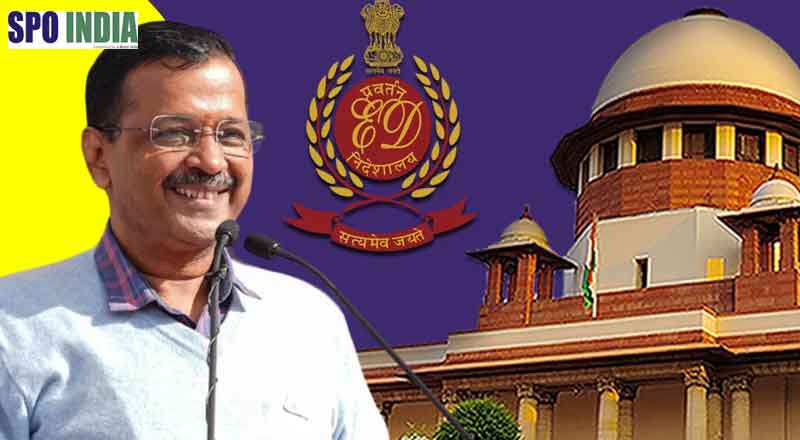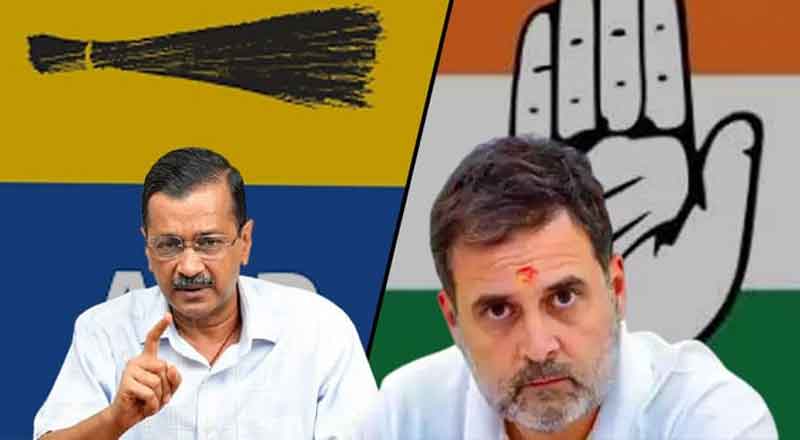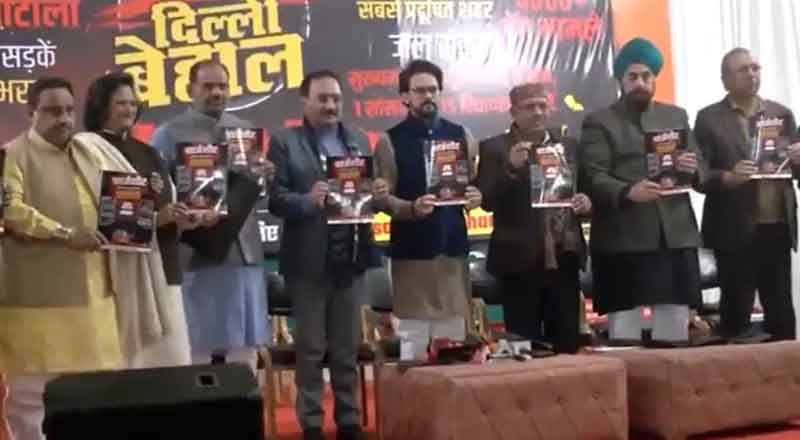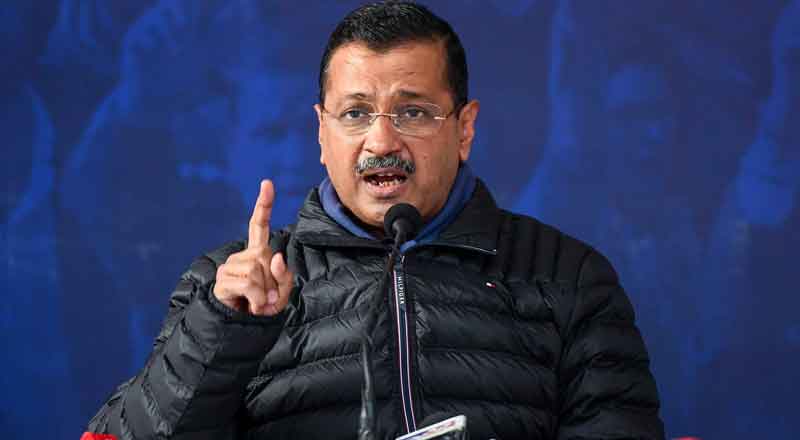Amidst jubilation within the Aam Aadmi Party (AAP), Delhi Chief Minister Arvind Kejriwal has been granted bail, marking a significant turn in his prolonged legal battle linked to the defunct Delhi Excise Policy case. This development paves the way for Kejriwal’s imminent release from Tihar Jail, albeit with stringent conditions including cooperation with ongoing investigations and court appearances as required.
From November 2021 to June 2024, Arvind Kejriwal has been embroiled in a protracted legal struggle. Below is a chronological account of the events leading to his arrest and subsequent grant of bail.
November 2021: Introduction of New Excise Policy
Arvind Kejriwal’s government introduced the New Excise Policy aimed at modernizing alcohol sales in Delhi, eliciting mixed reactions from stakeholders.
July 2022: Allegations and CBI Probe Recommendation
Delhi’s Chief Secretary alleged irregularities in the policy, attributing financial losses and recommending a CBI probe. Lieutenant Governor VK Saxena endorsed the investigation, implicating AAP leader Manish Sisodia in alleged arbitrary decisions.
August 2022: Money Laundering Allegations
The Enforcement Directorate (ED) initiated a money laundering case against Deputy Chief Minister Manish Sisodia, coinciding with a Central Bureau of Investigation (CBI) probe into the excise policy.
September 2022: Rollback of Excise Policy
Amid mounting scrutiny and allegations, the Delhi government rolled back the controversial excise policy citing failure to achieve its intended objectives.
October 2023: ED Summons Kejriwal
Arvind Kejriwal received his first ED summons related to the money laundering case, scheduling his appearance for questioning in November.
February 2024: Court Proceedings and Summons Ignored
Following repeated summons by the ED and non-compliance, the probe agency lodged a complaint against Kejriwal for evading investigation. Subsequently, a magisterial court issued a summons, leading to legal proceedings against the Chief Minister.
March 2024: Arrest and Legal Battles
Arvind Kejriwal was arrested following intensified legal proceedings and the denial of protection from ED summons by the Delhi High Court earlier in March.
April 2024: Supreme Court Intervention and Bail
Seeking relief, Kejriwal approached the Delhi High Court, subsequently securing interim bail from the Supreme Court for 21 days, citing health reasons amidst ongoing legal battles.
June 2024: Bail Granted by Trial Court
Following a series of legal maneuvers and a brief return to judicial custody, the Rouse Avenue Court granted bail to Arvind Kejriwal upon payment of a Rs 1 lakh bond in connection with the excise policy case.
The legal intricacies surrounding Arvind Kejriwal’s case have garnered significant public and political attention, reflecting the intersection of governance, legal accountability, and electoral dynamics. Despite the trial court’s grant of bail, the Delhi High Court has intervened, staying the order pending further hearings, underscoring the volatility and complexity of the legal landscape.
In response to these developments, Sunita Kejriwal, wife of the Delhi Chief minister, vociferously criticized the ED’s efforts to challenge his bail, alleging undue interference and partisan motivations. The unfolding legal drama continues to unfold against the backdrop of heightened political scrutiny and public interest, shaping perceptions and narratives within Delhi’s political spectrum.
As the case progresses, Arvind Kejriwal’s legal challenges serve as a stark reminder of the intricate balance between administrative responsibilities and legal accountability in contemporary governance. The outcome of future court proceedings will undoubtedly influence the political trajectory in Delhi and beyond, reflecting broader implications for democratic processes and institutional integrity.
(With inputs from agencies)





